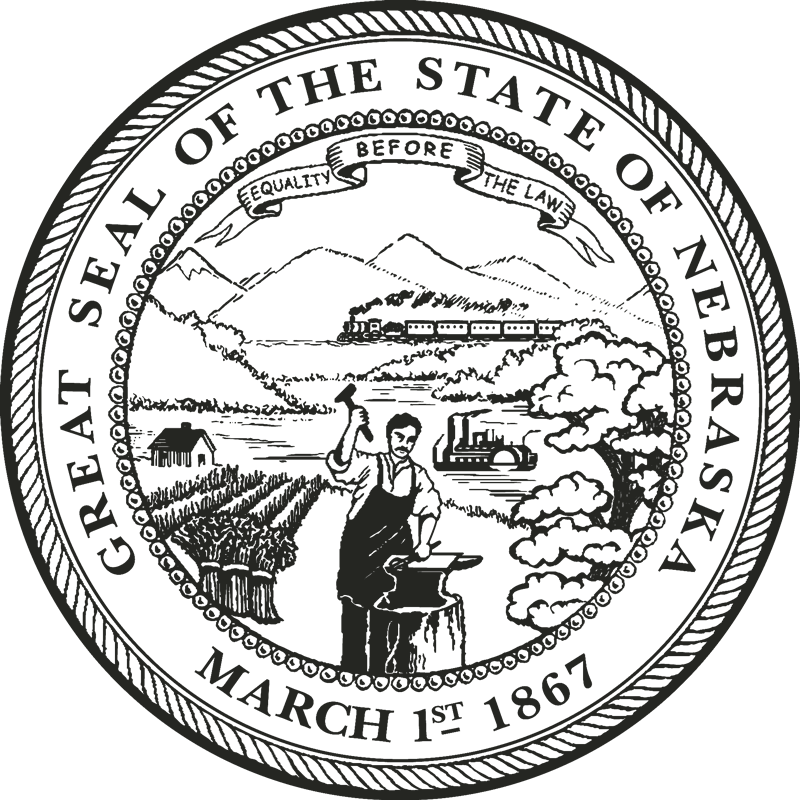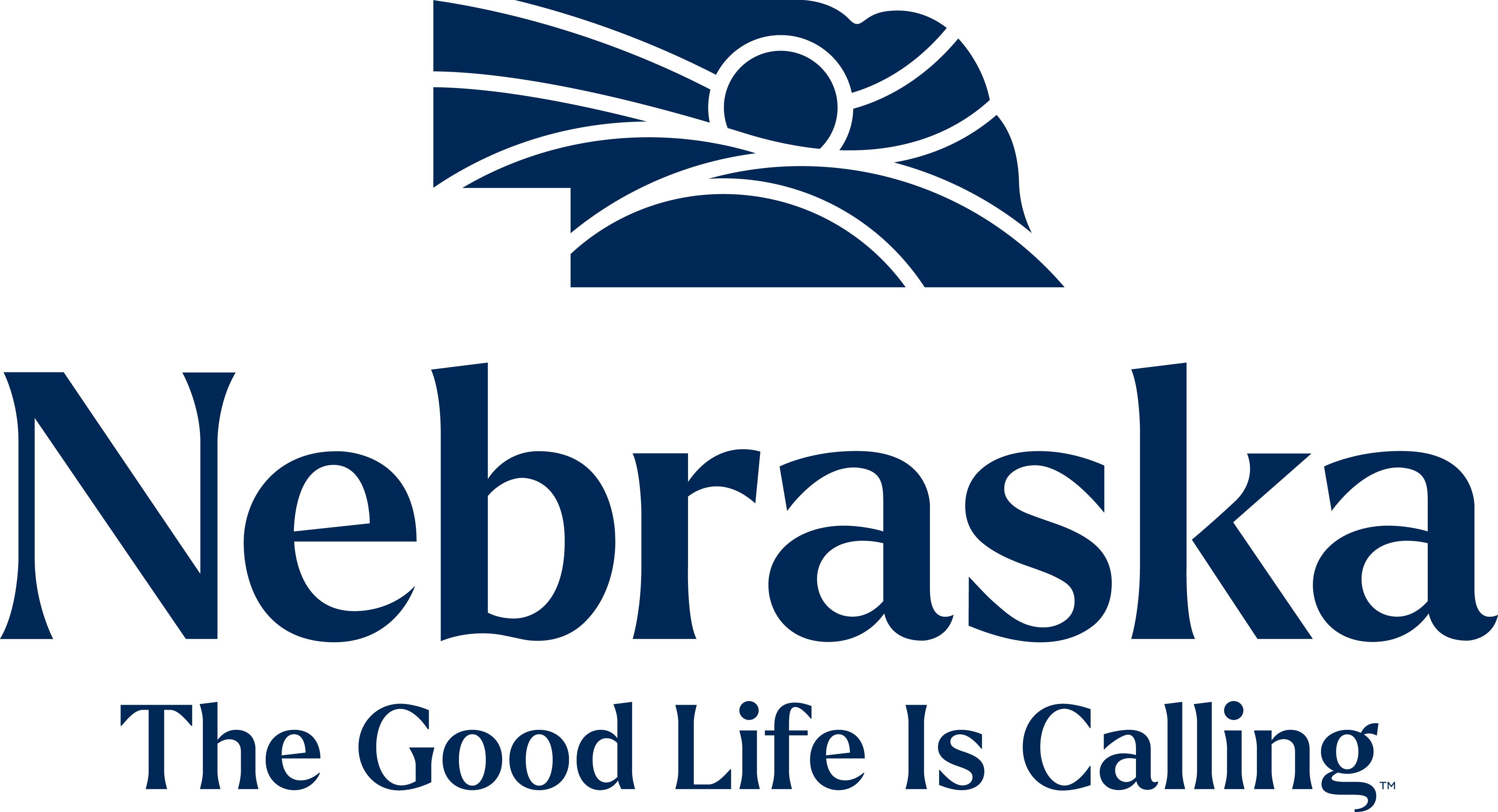Home / Programs / Economic Recovery /
Financial Literacy Grant Program

The Financial Literacy Grant Program is an authorized use of funding from SLFRF (Assistance Listing #21.027) which was designed to provide state governments with the resources needed to respond to the COVID-19 pandemic and its economic effects and to build a stronger economy during recovery. SLFRF was established by the American Rescue Plan Act of 2021 (ARPA) signed into law by the President of the United States on March 11, 2021.
Pursuant to Neb. Rev. Stat. § 81- 12,241(4)(h), Nebraska Department of Economic Development (DED) will provide up to $1 Million in grants to a postsecondary institution located in a qualified census tract in a city of the metropolitan class to provide funding for a financial literacy program to improve economic and health outcomes for individuals residing in qualified census tracts.
Eligibility Information
What Can the Grants Be Used for?
Pursuant to 42 U.S.C. §802(c)(1), awards made by the Financial Literacy Grant Program are in response to negative economic impacts with respect to the Coronavirus Pandemic (COVID–19.) The Financial Literacy Grant Program will provide funding to a postsecondary institution located in a qualified census tract in a city of the metropolitan class to provide funding for a financial literacy program to improve economic and health outcomes for individuals residing in qualified census tracts. A city of the metropolitan class is defined by Neb. Rev. Stat. § 14-101. A QCT is defined in 26 U.S.C. 42(d)(5)(B)(ii)(I), as such section existed on January 1, 2022.
Who is Eligible to Apply?
The Financial Literacy Grant Program application will be open to postsecondary institutions located in a qualified census tract in a city of the metropolitan class to provide a financial literacy program for individuals residing in qualified census tracts.
US Treasury has stated that SLFRF funds used to provide financial services that facilitate the delivery of federal, state, or local benefits (e.g., Child Tax Credit, Earned Income Tax Credit, tax refunds, or emergency housing or food assistance funds) as eligible uses. The following non-exhaustive list outlines eligible financial services that may be provided to unbanked and underbanked households:
- Provide low or no cost financial services, including in conjunction with administration of benefits, such as pre-paid debit cards, e.g., via Economic Impact Payment or General Purpose Reloadable pre-paid cards or for the development of public banking infrastructure that can support benefit delivery.
- Provide transitional services to facilitate long-term access to banking and financial services.
- Provide financial literacy programs and conduct community outreach and deploy engagement resources to increase awareness about low-cost, no-overdraft fee accounts, pilot new strategies and approaches that help overcome barriers to banking access and support the gathering and sharing of information in ways that improve equity, such as community meetings, partnerships with community-based organizations, online surveys, focus groups, human-centered design activities, and other community engagement activities.
Important Definitions
Unbanked: Not served by a bank or a similar financial institution.
Underbanked: An area with insufficient banks to meet market demand.
Application Information
Financial Literacy Grant Program
Application Period:
Award Amount: Up to $1,000,000.00
Matching Funds: While there is no formal match requirement, preference will be given to applicants who demonstrate a cash match to be matched with
grants from the Financial Literacy Grant Program.
Program Resources
| Title | File Type | Date |
|---|---|---|
| Cash Match Quarterly Report Template | Excel | August 17, 2023 |
| Financial Literacy Program Manual | November 21, 2022 |
Grant Management Resources
This page will provide technical assistance on using AmpliFund to apply for and manage grants awarded by DED.
Stay up to date on the latest news.
Subscribe to the Financial Literacy Program email lists here.
Press Releases and Announcements
Have questions?

